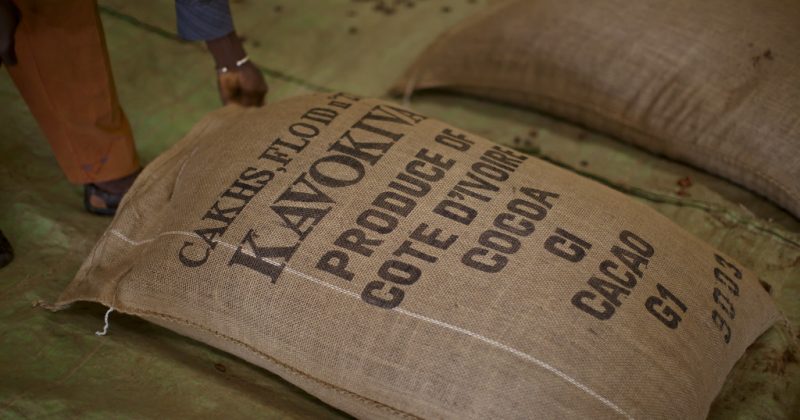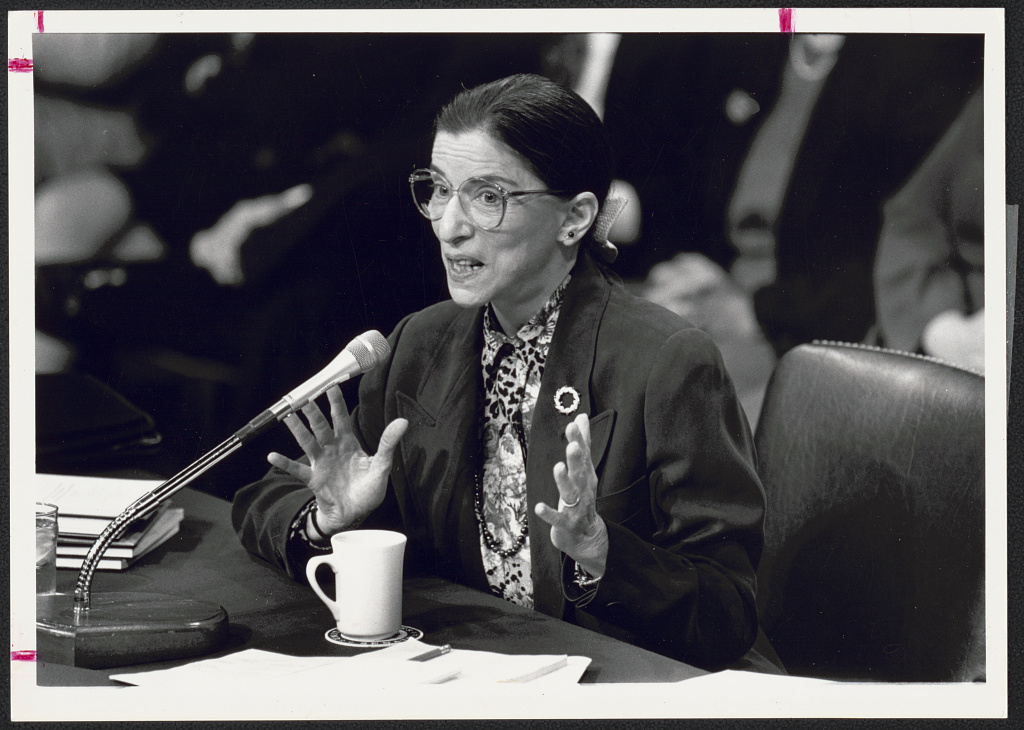
Extraterritorial Corporate Accountability for Transnational Human Rights Violations: SCOTUS Ruling in Nestle USA Inc. v. Doe et al
By guest contributors, Priya Garg* and Krati Gupta**
Consequent to an arduous legal battle spanning over more than fifteen years, the Supreme Court of the United States of America (“SCOTUS/Supreme Court”) on June 17, 2021, reversed the ruling of the U.S. Court of Appeals in Nestle USA Inc. v. Doe et al. (together with Cargill, Inc. v. Doe) (“Nestle”) that allowed the respondents, a group of Mali citizens to implicate U.S.-based multinational food corporations, Nestle USA and Cargill for child slavery allegations under the Alien Tort Statute (“ATS”). Enacted as a part of the Judiciary Act of 1789, the ATS confers jurisdiction upon the federal courts of U.S. to hear lawsuits filed by non-U.S. citizens for tortious violations of customary international law or a treaty of the United States. The claimants in Nestle were a group of Malian citizens who brought about claims under the ATS that they were trafficked to the Ivory Coast and tortured to work as child slaves...

